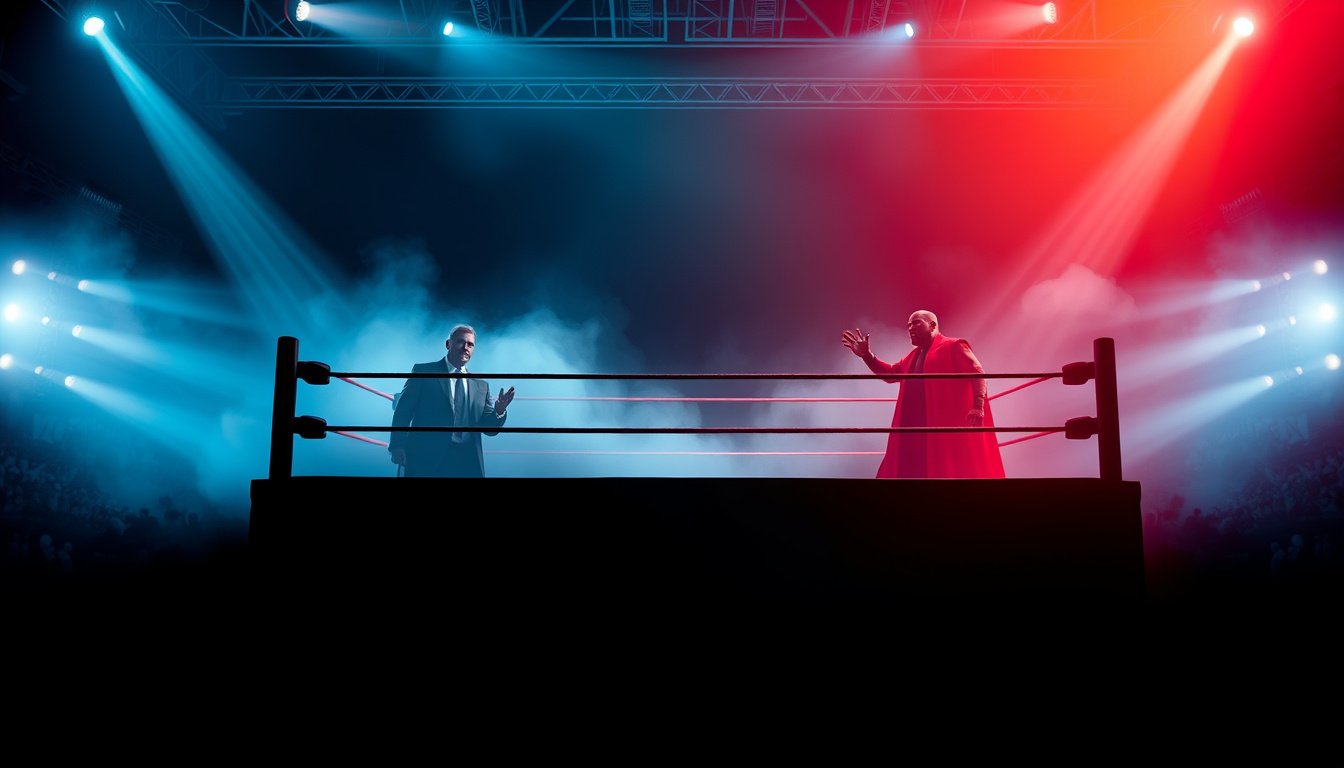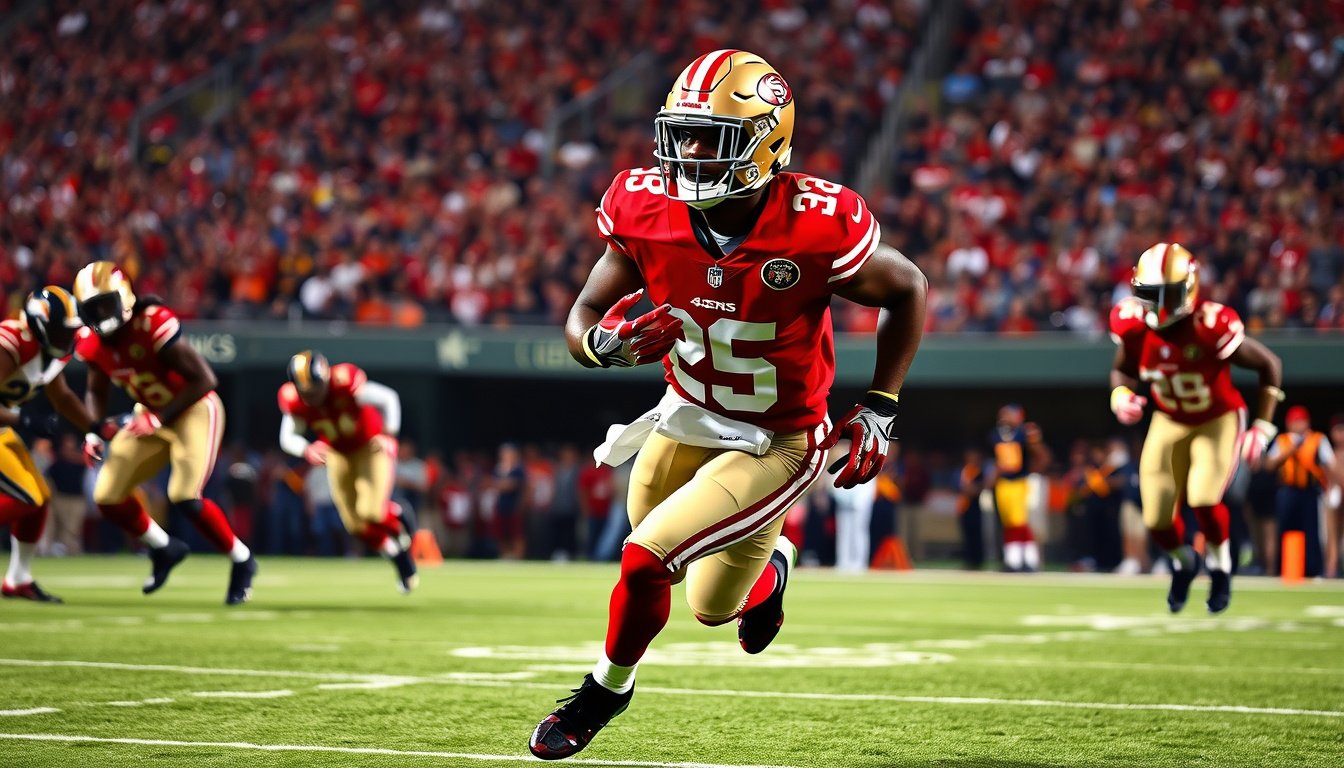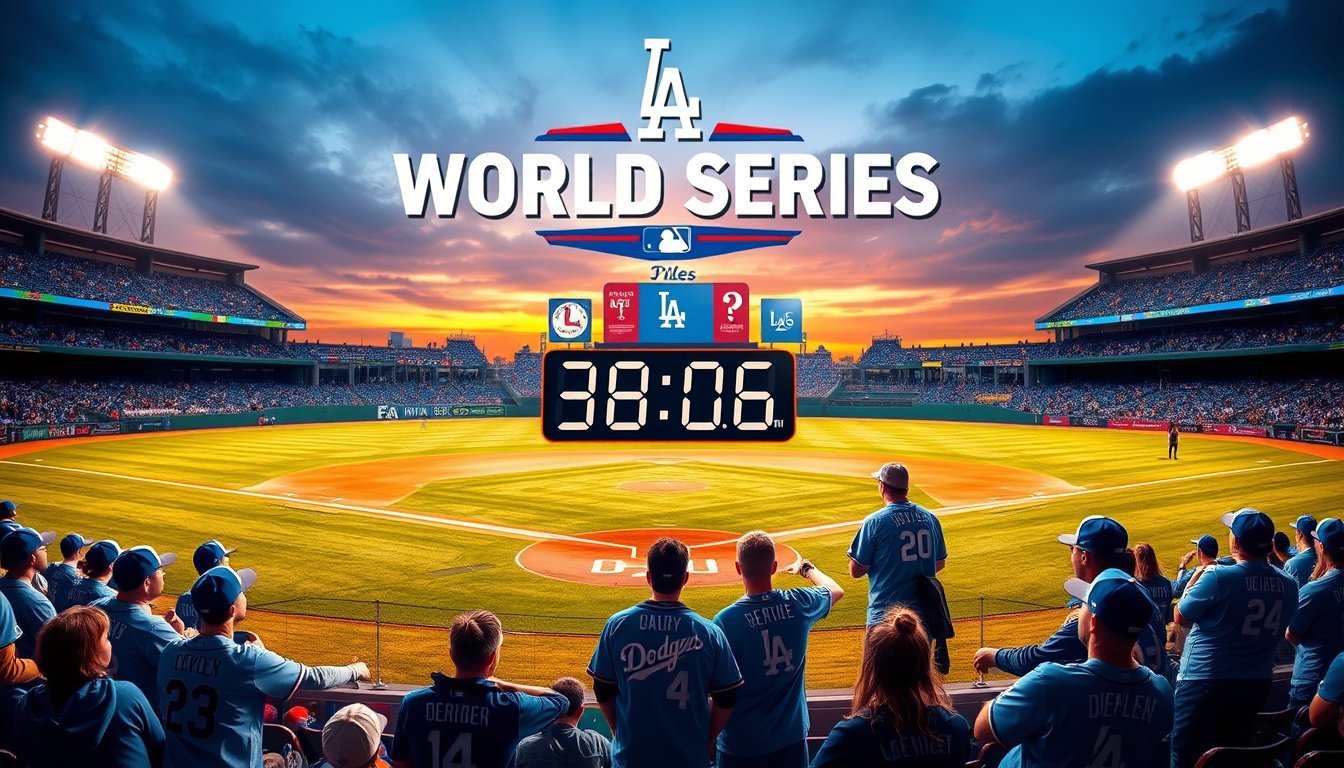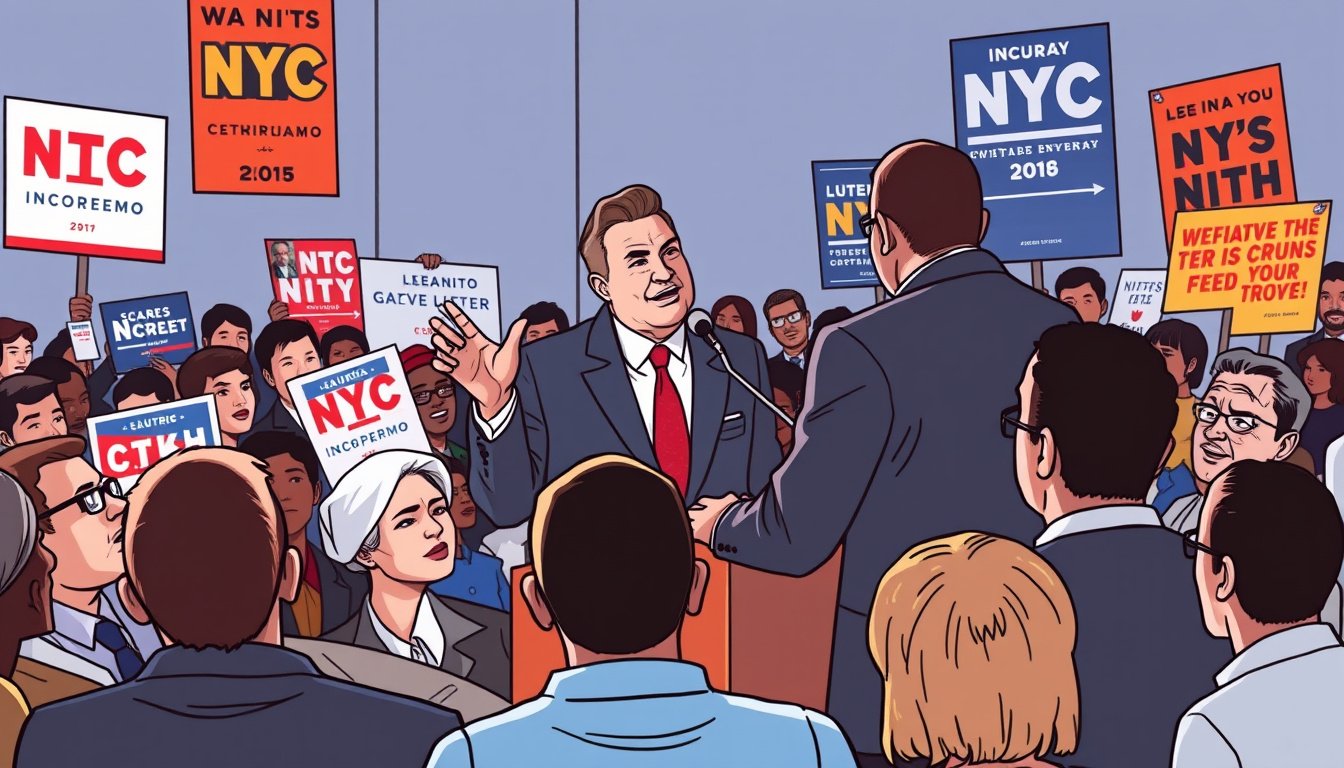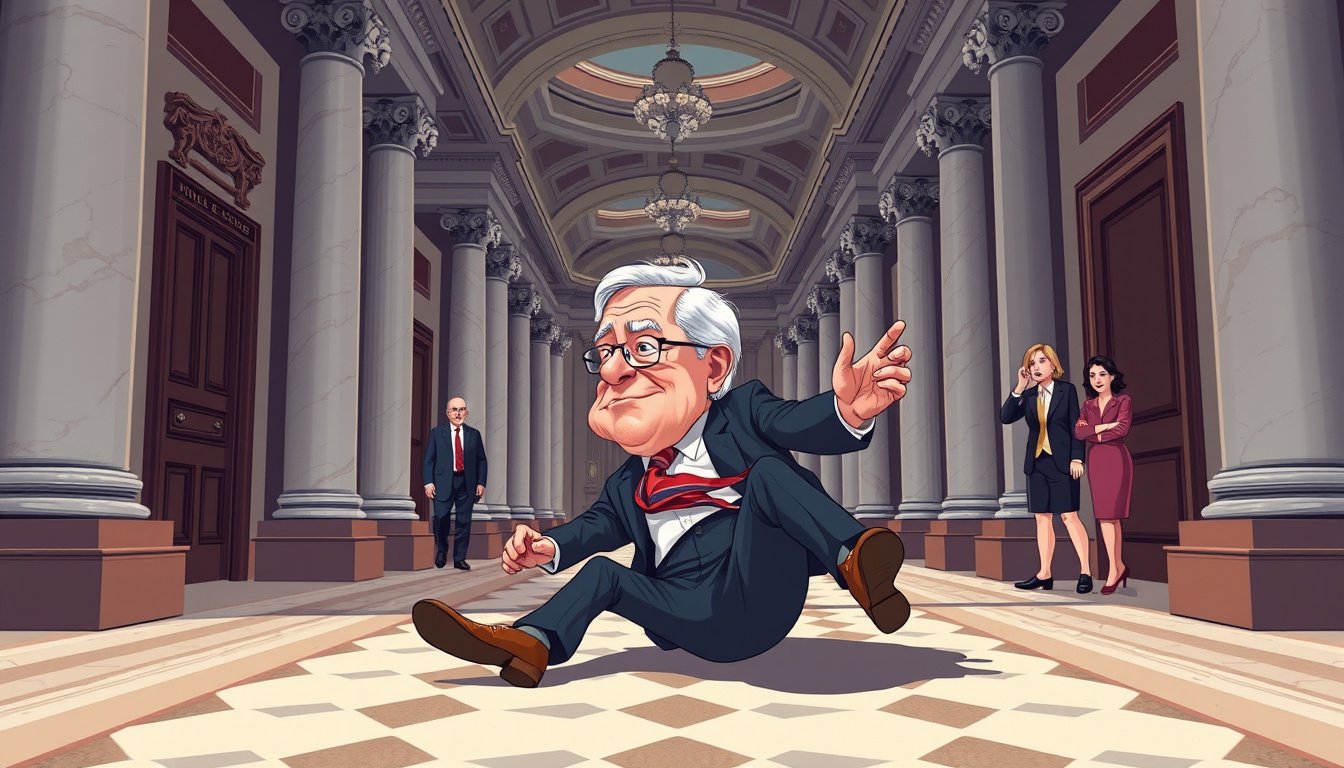For decades, the world of professional wrestling has thrived on mystique, spectacle, and the carefully crafted drama that unfolds inside the ring and beyond. Yet, the inner workings of WWE—the creative minds, the personal struggles, and the intense planning behind every match—have largely remained behind a curtain. That’s why the new Netflix series WWE: Unreal is a groundbreaking moment for wrestling fans and curious newcomers alike, offering an unprecedented look at what it takes to produce the biggest storylines in the industry.
Directed by Chris Weaver, known for his work with NFL Films, WWE: Unreal lifts the veil on WWE’s 2025 season leading up to WrestleMania 41. The five-part documentary series gives viewers rare access to the writer’s room, backstage interactions, and the emotional journeys of the performers. Central to the series is the explosive heel turn of John Cena, an event that shook the wrestling community and altered the trajectory of WWE history.
Cena’s betrayal of Cody Rhodes in March’s Elimination Chamber event was no ordinary plot twist—it was a seismic shift symbolizing the end of an era as Cena prepared for his final WrestleMania. For years, fans had speculated about this moment, but WWE: Unreal reveals how tightly guarded the secret really was, with even the documentary director learning of the twist mere minutes before it aired. Through interviews with WWE executives such as Bruce Pritchard, Ed Koskey, and Paul Levesque (Triple H), the show captures the intense deliberation and strategic planning that birthed this storyline.
One of the series’ strongest elements is how it balances insider insights with accessibility, thanks to showrunner Erik Powers—a longtime WWE fan—and Weaver’s fresh perspective as an outsider. Together, they crafted a narrative that peels back the layers without alienating casual viewers, inviting everyone into the complex world of WWE’s creative process. Audiences see how storyboards and whiteboards chart the season’s arcs, witness the interactions between stars like The Rock, Travis Scott, and the roster, and understand the pressures involved in crafting weekly live entertainment without an offseason.
WWE: Unreal also shines a spotlight on the human side of wrestling. It follows Phil Brooks (CM Punk) as he deals with the intense emotion and pressure of main-eventing his dream match, and Charlotte Flair’s personal journey through a difficult build-up to her WrestleMania bout with Tiffany Stratton. These moments of vulnerability underscore the physical and emotional demands placed on WWE talent, often overshadowed by the high-octane action in the ring.
The series can be compared to NFL Films’ Hard Knocks or Netflix’s Quarterback in how it melds character-driven storytelling with behind-the-scenes reality, creating an emotional resonance that will deepen fans’ appreciation of WWE. Weaver hopes viewers come away with a newfound respect for the sheer hard work and creativity poured into this unique blend of sports and entertainment—a product that must captivate audiences week after week, leaving no room for offseason layoffs.
In tearing down the long-standing barrier between the WWE’s on-screen drama and its behind-the-scenes craft, WWE: Unreal not only breaks silence but also invites fans into a fuller understanding of what it means to build mythology in the modern wrestling world. For those curious about what goes on beyond the ropes, this series is the ultimate backstage pass to the passion, politics, and performance that fuel the WWE juggernaut.
For wrestling enthusiasts and newcomers, WWE: Unreal is more than a documentary—it’s the beginning of a new era of transparency, storytelling, and connection with one of the world’s most enduring sports entertainment phenomena.
